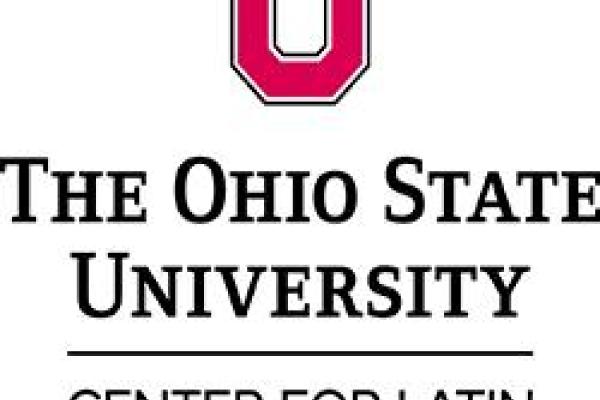
About the Reading Group
This Decoloniality is a reading group and hands-on workshop in decolonial theory and practice for students and faculty in the arts and humanities. Taking as its starting premise a refusal to indulge decolonization as a mere metaphor (Tuck and Yang 2012) in the evasions and moves to innocence of white settler colonialism, This Decoloniality will interrogate core conceptual and instrumental aims of decolonization to repatriate Indigenous land and life. We will also engage with the long history of what Aníbal Quijano has dubbed the ‘colonial matrix of power’ (CMP) in terms of the concept of ‘decoloniality’ as ‘ways of thinking, knowing, being, and doing that began with, but also precede, the colonial enterprise and invasion.’ (Mignolo and Walsh 2018). Acknowledging both the urgency and difficulty of any decolonial process, we will be asking what specific feature of decoloniality are possible for us within the institutional framework of a US university today. In short, when asking what decoloniality is for us, we will articulate what ‘this’ decoloniality is as an unfinished and ongoing process.
Schedule
Meetings will take place on the following Thursdays 2-3:30pm at the Graduate Reading Room (038L), Fine Arts Library:
- August 29th: Eve Tuck and K. Wayne Yang ‘Decolonization is not a metaphor’ (pp. 1-40)
- September 12th: Walter D. Mignolo and Cathering E. Walsh (2018) On Decoloniality: Concepts,, Analytics, Praxis, Introduction & Decoloniality in/as Praxis: Ch. 1-2 (pp. 1-56)
- September 26th: Mignolo and Walsh (2018) Decoloniality in/as Praxis: Ch. 3, 4 & Conclusion (pp. 57-102)
- October 24th: Mignolo and Walsh (2018) The Decolonial Option, Ch. 5-6 (pp. 105-152)
- November 7th: Mignolo and Walsh (2018) The Decolonial Option, Ch. 7-9 (pp. 153-210)
- November 21st : Mignolo and Walsh (2018) The Decolonial Option, Ch. 10 & Closing Remarks (pp. 211-257
- December 5th: Planning session for Spring Semester
Organized by K’acha Willaykuna: Andean and Amazonian Indigenous Arts and Humanities Collaboratiom, funded by the Global Arts + Humanities Discovery Theme.
